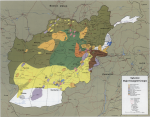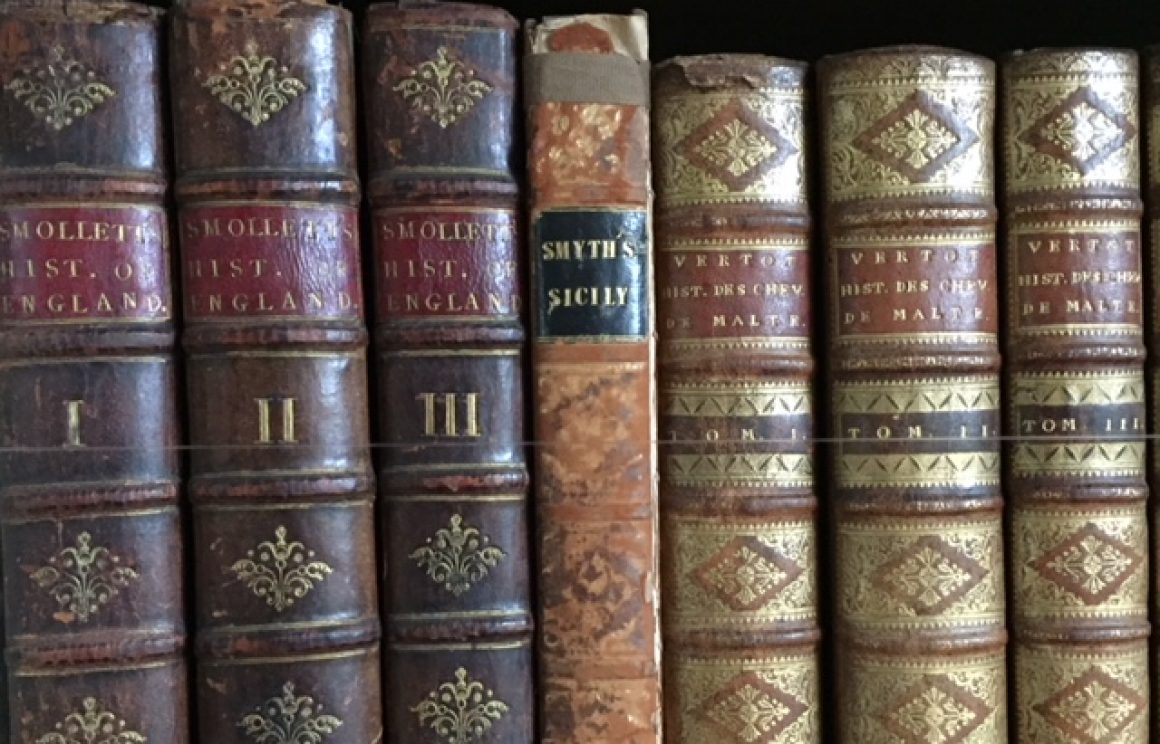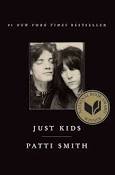
A Land Without Time ~ A Peace Corps Volunteer in Afghanistan by John Sumser
Oh mercy me, not another Peace Corps narrative, was my knee-jerk thought. Instead, flipping open the book with a seductive title — A Land Without Time, I was enthralled immediately by John Sumser’s funny, self-aware memoir of working as a volunteer teacher in Afghanistan during the run-up to the 1979 Soviet-led invasion and coup. For those who slept through the past six administrations, the Soviets made the same mistake as Prince George Bush who led the USA into the futile rock pile of Afghanistan in the early 21st century, perhaps in a fantasy of imperial fervor, misunderstanding that the British Empire had actually not succeeded there in the 19th century, nor the Soviets, nor anybody else. It was deja mess all over again.
Though a packet of years have slipped by, Sumser inhabits the voice of the young volunteer he was and infuses the story with the perspective of a canny adult living in the political world post-911. He starts off edgy with a chip on the shoulder attitude towards some of the other Americans in country and wastes no time trying to make Afghani friends. Of course, he met only Afghani men because the women, then as now, were shrouded in chadors and denied social interaction.
Sumser understood his role as a volunteer, to live within the culture, not try to change it or insult people. This makes for some funny encounters and as the author spins out his story, he presents an increasingly wiser voice. Honest about his fears, he tells of living on watermelon and orange soda until mustering the courage to eat in local dives and teashops. He knows that his presence is inexplicable to an Afghani. Why would an American leave prosperous family and comfortable home to live as a poorly paid volunteer teacher in Afghanistan? Surely the volunteers must be spies. Insights about cultural differences won in late 1970’s by Peace Corps volunteers could have served this century’s beleaguered invaders.
At one point he’s passed a paper sack made of an old magazine page containing sugared almonds. Sumser notices a photo of Bertrand Russell on the magazine page. Sumser exclaims that he ‘knows’ Russell. During the ensuing discussion, the Afghanis determine that Russell is dead and that Sumser never actually met him or shared tea with him. While these men sit in characteristic silence etching the differences in their cultures, Sumser ponders that he knows more about Russell’s life story, his ideas and impact on academia — more about a dead man he’s never actually met — than he knows of any Afghani including the companions in the tea shop. To know an Afghani, you needed to be one.
There’s useful advice for travelers. In one scene while instructing an Afghani houseman who refuses to boil

1985
water for 20 minutes to sterilize drinking water against the invisible bugs the Afghani man doesn’t believe are in the water, someone tells the man that the holy book advises Americans to boil drinking water for 20 minutes. That bit of cross-cultural fiction is understood by the devout Afghani who then agrees to boil the water for the specified time. These and other scenes make this book useful for travelers contemplating hard-seat travel in barren lands.
I read this tightly written and well-edited book start to finish, non-stop. For this serious consumer of travel writing, it was a grand read– laced with humor, tension, adventure, insight, landscapes and sharply defined characters. I won’t spoil the suspense by revealing the white-knuckle finale of Sumser’s story.
Maybe the secret to writing a great Peace Corps narrative, or any travel story, is to let enough time go by to mature the writer and distill the events with notes of history, wisdom and cultural insight.
Details:
Academy Chicago Publishers.
ISBN: 10:0-89733-543-0
Paperback, 205 pages, 2006.




 Patti Smith wrote an honest account of how young artists struggle with the enormity of becoming outsiders by embracing the path of art. The memoir won the National Book Award and that’s no surprise. The prose is smooth and the concepts expressed are significant for individuals and society.
Patti Smith wrote an honest account of how young artists struggle with the enormity of becoming outsiders by embracing the path of art. The memoir won the National Book Award and that’s no surprise. The prose is smooth and the concepts expressed are significant for individuals and society.
